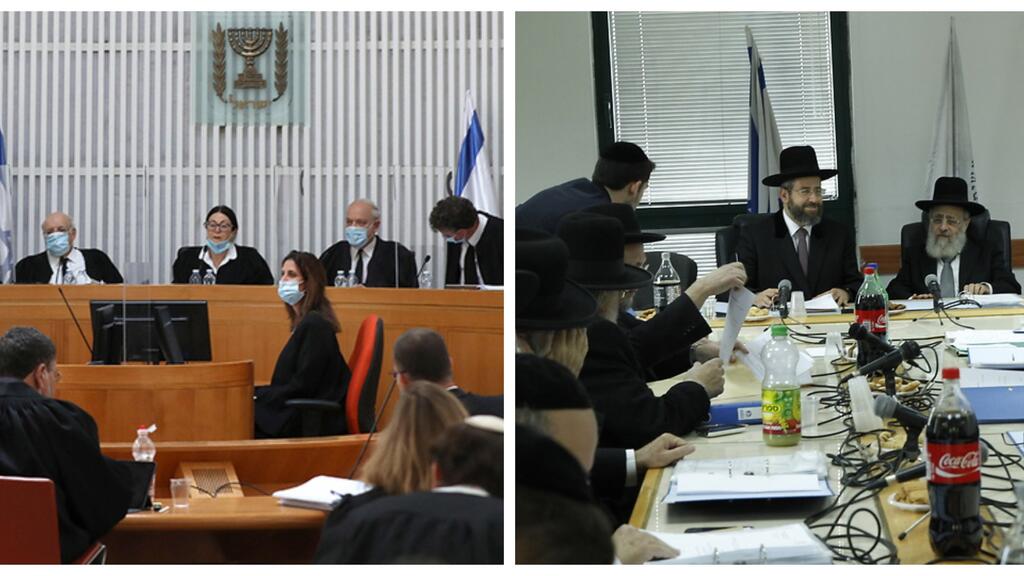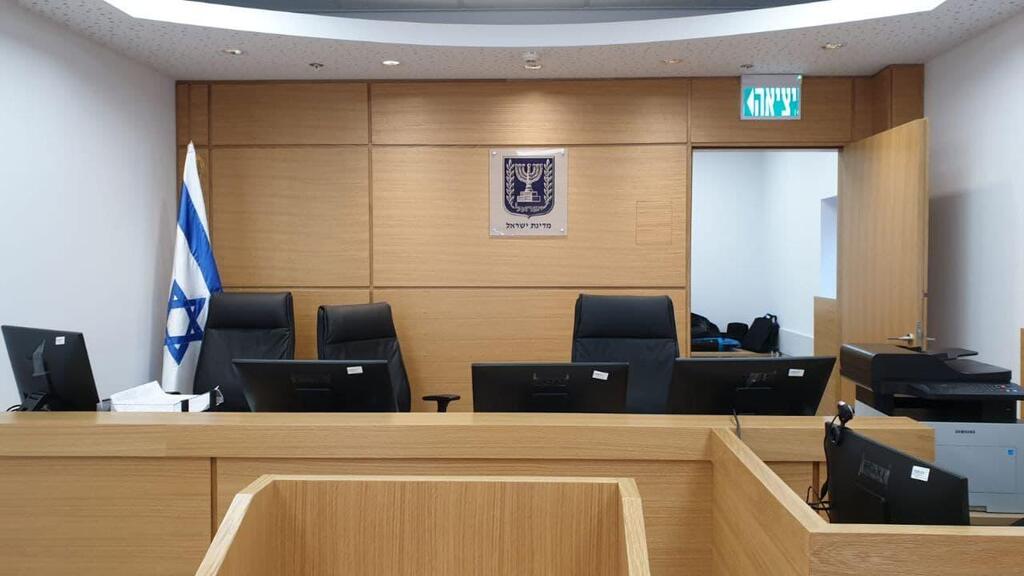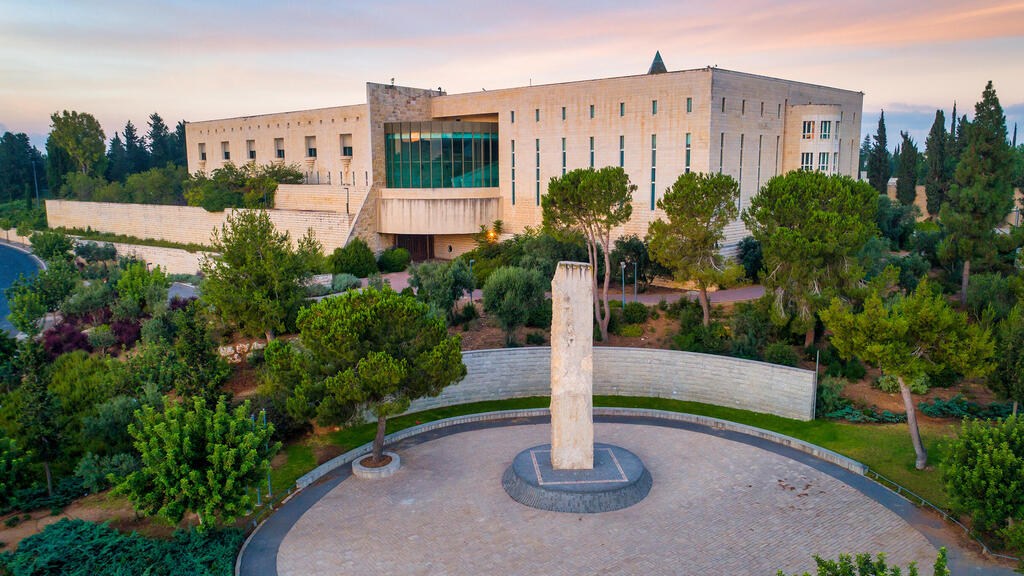Israel's High Court on Monday reversed rulings by rabbinical courts to deprive an adulterous wife of some of the couple's joint assets during their divorce proceedings.
In a unanimous ruling, the justices said the decision to prevent an equal division of assets accumulated during 27 years of marriage was against the law regardless of the woman's infidelity.
Two Rabbinical courts, including the Rabbinical High Court, had decided that the wife should not have access to the marital property after she began her adulterous affair.
Justice Uzi Fogelman said in the ruling the adultery had no effect on the couple's economic behavior.
"In my view, there was no justification to consider the wife's behavior, when deciding on the division of assets," he wrote. "I've said before that civil law is not to be a solution for a broken heart and therefore the response to the wife's infidelity cannot be addressed by refusing her the family assets," he said.
The Rabbinical Court in Rehovot ruled in 2018 that since the woman had been in an adulterous relationship for 10 years, the couple's marriage should have been considered over when the affair began.
The wife appealed the decision to the Rabbinical High Court in 2019, which ruled that the affair resulted in a "weakened partnership" between the husband and wife, and therefore, the assets should not be divided equally, with the husband entitled to 80% of the assets.
The High Court decided to “order that the rulings of the High Rabbinical Court and the Magistrate Rabbinical Court be overturned."
"It was also ruled that the petitioner is entitled to half of all property accumulated by the couple from the day of their marriage to the day of their divorce, according to the property equalization law.”




